10 Reasons why your CBD is not working
Home: 10 Reasons why your CBD is not working
Estimated reading time: 9 minutes
Table of Contents:
- The CBD product you're using isn't from a reliable source
- You must integrate it into your system
- Devote more time to using CBD
- Is CBD tolerance a thing?
- Incorrect CBD dosage
- You'll need a new delivery system
- CBD is just not your “thing”
- CBD can interact with Other Drugs
- You have too high expectations for CBD Oil
- CBD has no effect on your CB1 or CB2 receptors
1. The CBD product you're using isn't from a reliable source.
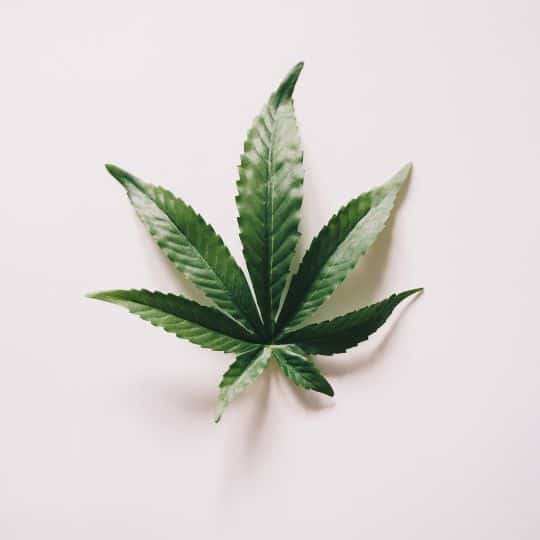
Where did you get your CBD oil from?
CBD appears to be springing up everywhere as it becomes more popular, from internet businesses to over-the-counter stores. You may have even tried a free sample to see if it works without spending anything other than shipping costs.
Some of these products, unfortunately, do not contain high-quality CBD. Some con artists take advantage of this by selling low-quality goods that aren't properly labelled.
When a group of researchers looked at 84 CBD products, they discovered that only 31% of them actually contained the quantity of CBD that was promised.
So, the next time you're considering purchasing a CBD product, keep these three points in mind to ensure that it delivers on its promises:
- Look for proof of lab tests conducted by a third party.
- Look into customer reviews and testimonials.
- Don't go for the cheapest Brand
2. You must integrate it into your system.
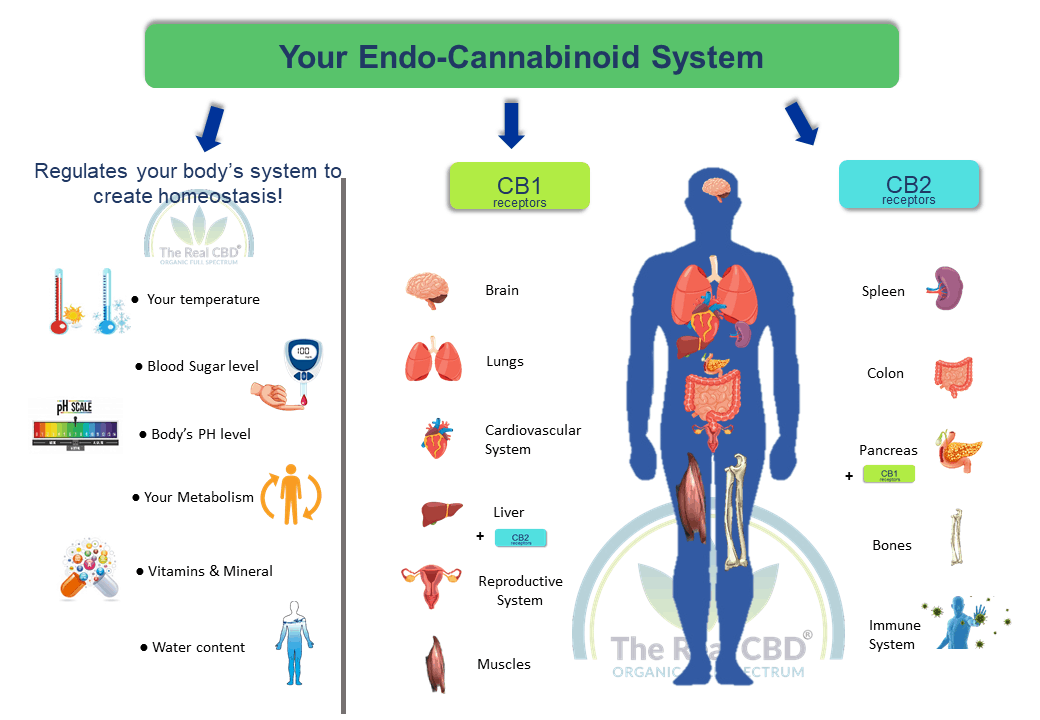
It can be difficult to determine the proper CBD dosage. The optimal dosage varies by a person because everyone's biology is distinct, resulting in a variable reaction.
So, how can you know what's best for you?
Begin with a modest dose and gradually raise it until you reach your “sweet spot.” Some people believe that taking a daily amount of CBD can assist maintain a CBD level in the body, which may encourage your endocannabinoid system to react more to cannabinoids like CBD.
Many people utilise a micro-dosing strategy to determine their personal dosage and alter it over time as needed. You might find it useful to keep track of your findings in a journal. Keep track of how much you've taken, how you're feeling before and after you've taken it, and any changes in symptoms you detect. This information can help paint a picture of how CBD affects you over time.
3. Devote more time to using CBD
I was unsure if I'd wasted my money on some overhyped craze the first time I tried CBD. I put a few drops of an oil tincture under my tongue, expecting near-instant pain relief, but I received… nothing.
This isn't an uncommon occurrence, as immediate outcomes aren't always the case. Many people need to use CBD for several weeks or even months before they notice a benefit.
It's not as simple as popping a couple of paracetamols and calling it a day when it comes to researching CBD's effects. Investing time and attention into your process of determining the long-term effects does take a certain level of dedication.
If you haven't seen any benefits after a while (a few weeks), it's time to move on and try a different brand. Your CBD notebook might help you keep track of how long it's been since you started using CBD and whether or not you've seen any changes.
Patience is essential, and while it can be irritating to keep trying with no results, you may come to regret not giving up.
4. Is CBD tolerance a thing?
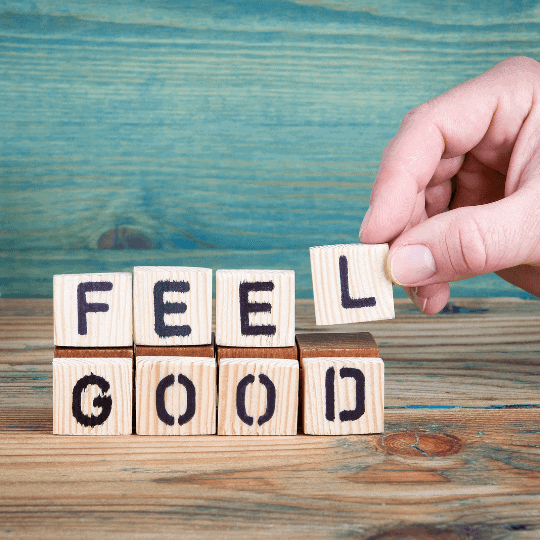
The first explanation is perhaps the most straightforward: you've developed a tolerance to cannabinoids, including CBD. Many people who begin smoking marijuana quickly discover that they require increasing doses of THC to attain their desired high. Let's say you're using CBD to help with anxiety, but you're finding that you need more and more of it to feel normal. Due to long-term exposure, your body may have established a level of cannabis tolerance.
If this is the case, it's not shocking! Most marijuana smokers ingest substantial amounts of THC on a regular basis, with the occasional dose of CBD, which might quickly lead to tolerance to both cannabinoids. It's time to start thinking about quitting for a week and then resuming at a lesser dose if you need more than 300 or 500mg of CBD per day to feel well.
5. Incorrect CBD dosage
CBD won't help you if you're using the proper product but the wrong dosage. If you take too little, you won't feel anything, but if you take too much, you'll have unpleasant side effects including nausea and dizziness.
How do you determine the proper dosage?
It depends on your body weight and how sensitive your endocannabinoid system is: if you weigh 200 pounds/90 kilogrammes, you may need 400-500 mg of CBD to feel better, but someone weighing 120 pounds/55 kilogrammes may only require 40-50 mg.
6. You'll need a new delivery system.
Every week, it seems like we learn about a new CBD product. Everything from CBD coffee to bath salts and lube may be found here.
CBD in its most common forms
- Tinctures
- Creams for the skin
- Oils for vaping
- Capsules
- Gummies and chocolate are edible treats.
So, if you've tried one delivery method and failed, it's possible that another one would be more effective. One thing to think about is bioavailability, which refers to how much CBD really makes it into your bloodstream.
If you take CBD candies, for example, they must pass through your digestive tract before you can absorb them, and the amount that reaches your system may be minimal.
When you take a tincture sublingually — that is, under the tongue — you are directly taking it into your bloodstream. As a result, you may get faster and more obvious results than if you waited for your digestive system to consume it.
Furthermore, depending on the type of relief you need, your most effective strategy may differ. A topical balm, for example, will not help you with panic attacks. However, if you focus on a specific location, such as aching muscles or an eczema flare, it may provide comfort.
7. CBD is just not your “thing”.
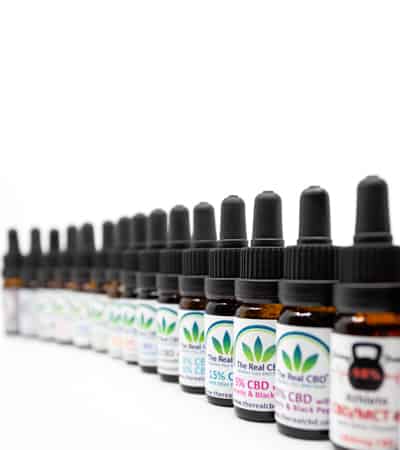
Although CBD is widely used, it is not a wonder medicine that will work for everyone. It's possible that, despite your best efforts, CBD will prove to be ineffective for you.
The amount of CBD you absorb and how you react to it is determined by a number of factors, including:
- Metabolism
- Biochemistry
- Genetics
The system in your body that interacts with the active molecules in cannabis is called the endocannabinoid system, and it works differently for everyone.
Indeed, a clinical psychiatry professor discovered that 10% of his patients have a genetic mutation that causes them to naturally create more endocannabinoids, which are comparable to cannabinoids but are produced by the body.
You may be prone to lower levels of anxiety if you have that mutation, but because you already have additional endocannabinoids, you may not notice much of a difference when you take CBD.
If you have persistent pals, don't be scared to tell them to quit bothering you about CBD. There's no such thing as “one-size-fits-all” treatment, after all!
8. How CBD can interact with Other Drugs
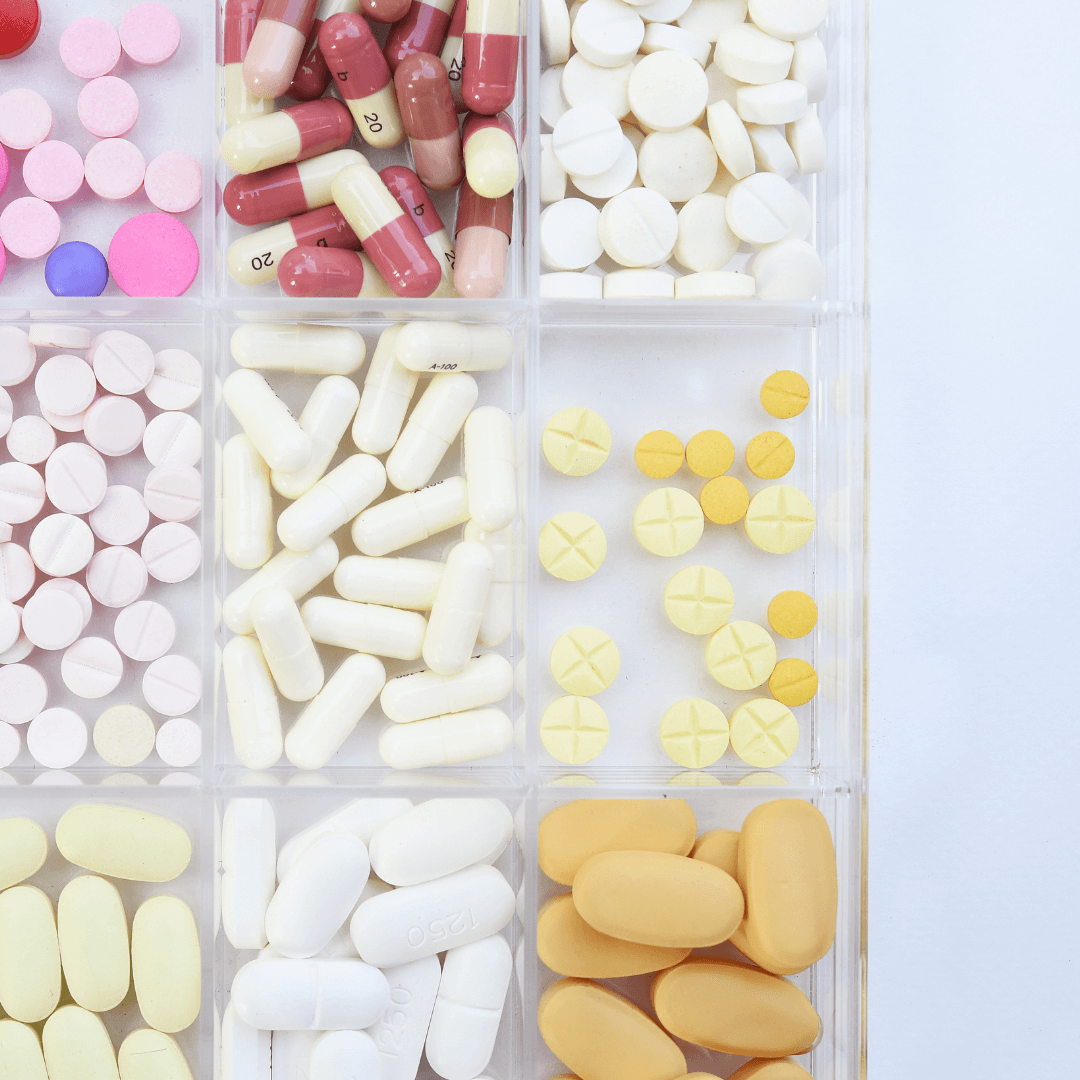
CBD is incredibly therapeutic, but it's not for everyone – and it's not recommended if you're on certain medications or receiving treatment for a serious illness. Please read the information provided online before beginning to consume CBD oil, and consult your doctor if you have any concerns about using this medication safely on your own.
CBD, for example, has been shown to interact with certain psychiatric medications, such as SSRIs, which means that taking CBD could hinder your antidepressant from working properly. Before choosing whether CBD is safe to consume with your existing medication(s), we recommend conducting some studies on the topic.
If you're on blood thinners, don't use CBD until you've read this page and spoken to your doctor – you could end up doing more harm than good!
More from our blog:
9. You have too high expectations for CBD Oil
CBD oil isn't a cure-all; it won't cure all ailments and disorders overnight, and it won't make you live indefinitely. It's simply a naturally occurring plant chemical that, when used in concert with other alternative medications or therapies, can help reduce some symptoms or even heal certain conditions. If you expect CBD oil to provide you with all of the needed daily servings of fruits and vegetables, lower your cholesterol, and entirely eliminate cancer, you're mistaken. Then you're most likely setting yourself up for disappointment.
Despite the fact that CBD isn't guaranteed to work for everyone in every circumstance, preliminary research suggests that it can improve overall well-being and health, particularly when used over a long period of time (which some individuals don't do).
10. CBD has no effect on your CB1 or CB2 receptors.
Despite the fact that cannabidiol has a direct effect on the endocannabinoid system, some people do not feel any results from using it – even after months of supplementation. In this situation, it's possible that you're not responding to CBD's “high” because you're missing crucial molecules that make you feel anything… and they could include:
Anandamide is known as “the bliss molecule” because of its role in inducing emotions of happiness and ecstasy; it pairs well with CBD and is commonly deficient in people who suffer from depression.
– 2-Arachidonoylglycerol (2-AG): another endocannabinoid that works in unison with Anandamide to excite the CB1 and CB2 receptors.
The Real CBD Best Sellers
-
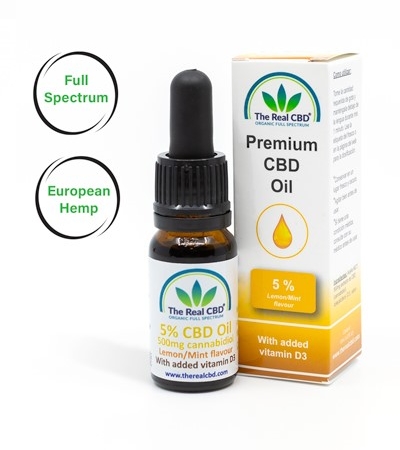 5% CBD oil with Vitamin D3€29.00
5% CBD oil with Vitamin D3€29.00 -
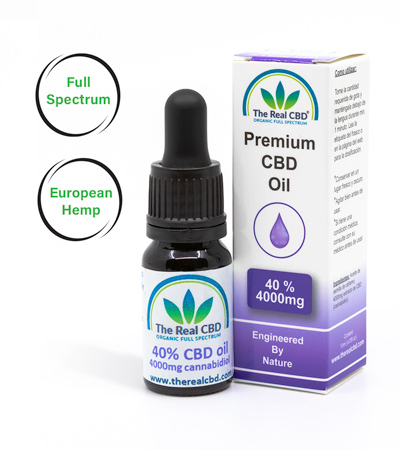 40% Raw CBD Oil€179.00
40% Raw CBD Oil€179.00 -
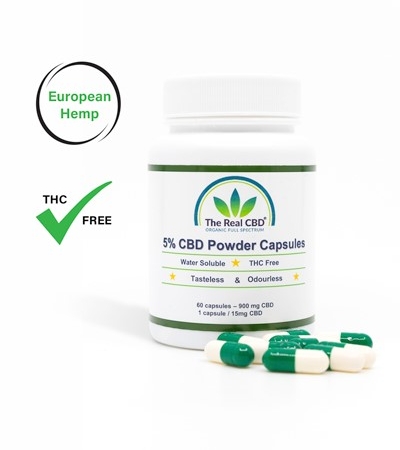 CBD Capsules – Water Soluble 5%€59.00
CBD Capsules – Water Soluble 5%€59.00 -
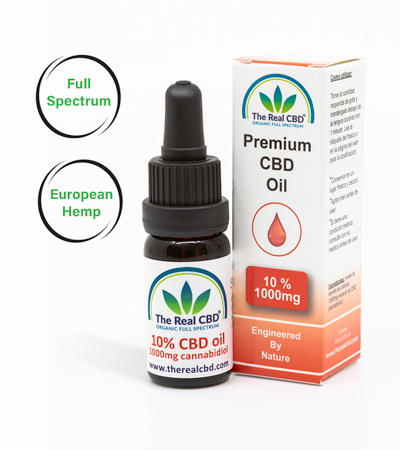 10% CBD oil€55.00
10% CBD oil€55.00 -
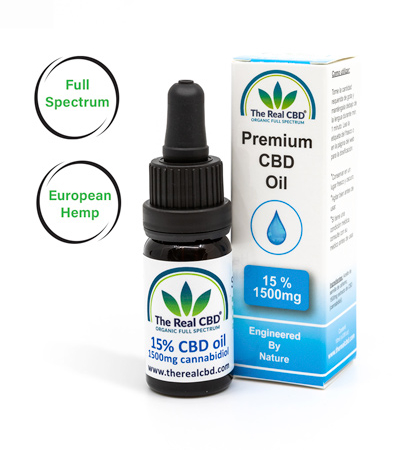 15% Pure CBD oil€80.00 – €85.00
15% Pure CBD oil€80.00 – €85.00

I am a certified expert in Medicinal Cannabis. We are all about giving correct and trustworthy information. We know how important it is to learn about CBD and cannabis, which is why we want to be your go-to source for trustworthy information. We help you improve your health by using our knowledge and experience as a starting point.

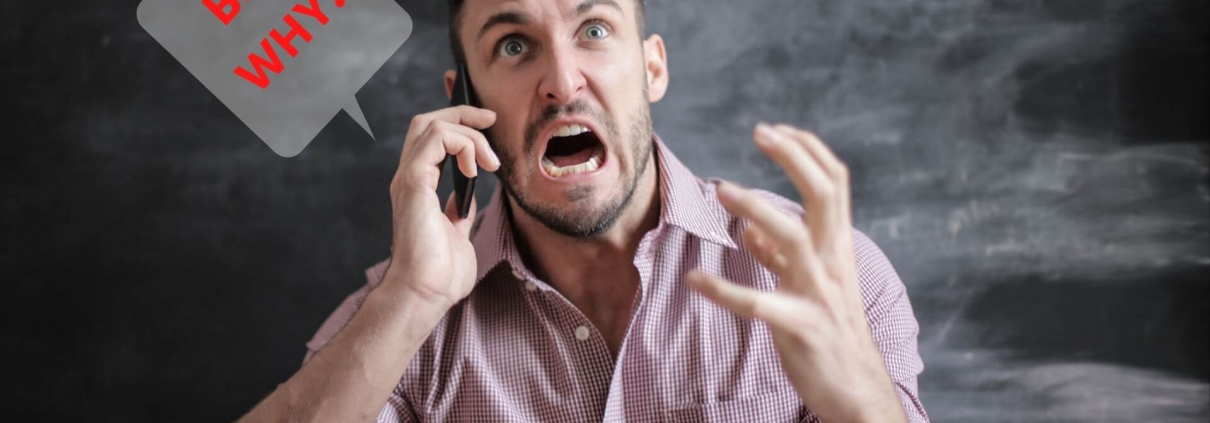
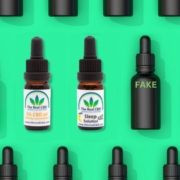
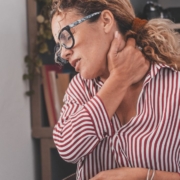
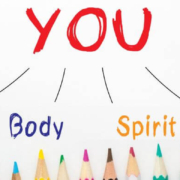
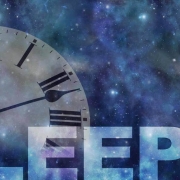
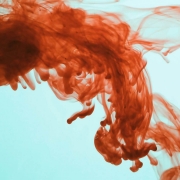
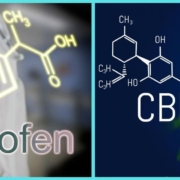
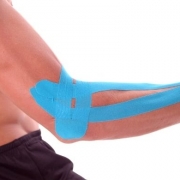
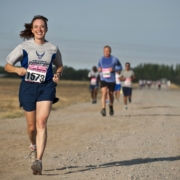




Leave a Reply
Want to join the discussion?Feel free to contribute!